 John H. Johnson
John H. Johnson
Entry Type: Person - Starting with J
 John H. Johnson
John H. Johnson
 John Thomas
John Thomas
John, “Little Willie”
aka: William Edgar John
 "Little Willie" John
"Little Willie" John
John, Mary
Johns, Riley “Doc”
 Johnson Campaign
Johnson Campaign
Johnson, Benjamin
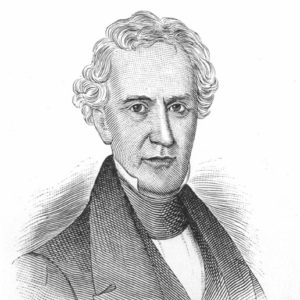 Benjamin Johnson
Benjamin Johnson
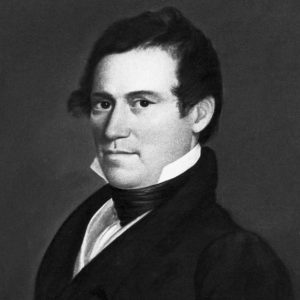 Benjamin Johnson
Benjamin Johnson
Johnson, Billy Farrel (Bill)
Johnson, Cecil Ernest
Johnson, George T. F.
aka: George Taylor
Johnson, Glenn T.
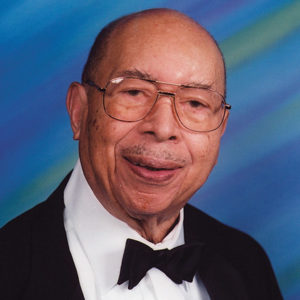 Glenn T. Johnson
Glenn T. Johnson
Johnson, James Douglas “Justice Jim”
Johnson, James Madison
Johnson, James William (Jimmy)
Johnson, Joe Marcus
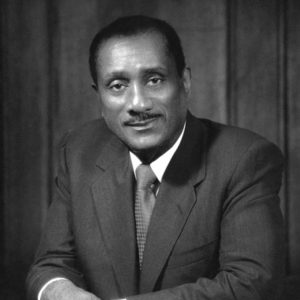 John H. Johnson
John H. Johnson
Johnson, John Harold
Johnson, Kenneth Culver (Kenny)
Johnson, Leon
Johnson, Lycurgus Leonidas
Johnson, Richard Leo
Johnson, Robert Ward
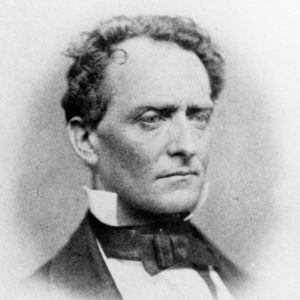 Robert Ward Johnson
Robert Ward Johnson
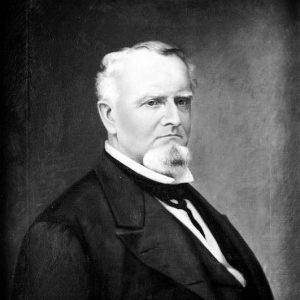 Bob Johnson
Bob Johnson
Johnson, Samuel
Johnson, Thomas
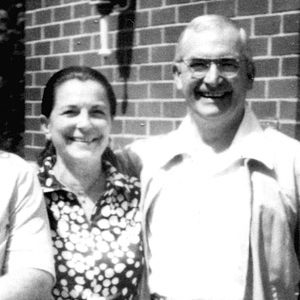 Virginia and Jim Johnson
Virginia and Jim Johnson
Johnson, Virginia Lillian Morris
Johnson, William J.
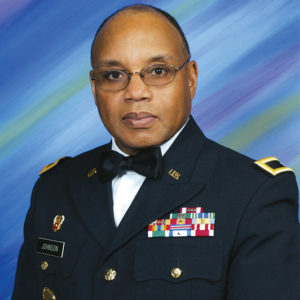 William Johnson
William Johnson
Johnston, David Augustine Elihue
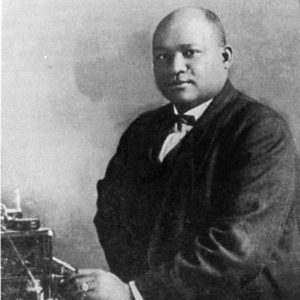 D. A. E. Johnston
D. A. E. Johnston
Johnston, Leroy Alfred
Johnston, Lewis Harrison (L. H.)
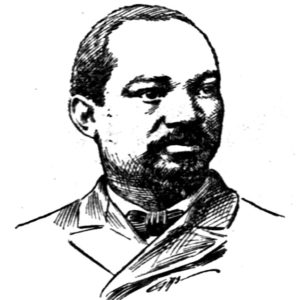 Lewis Johnston Jr.
Lewis Johnston Jr.
Johnston, Lewis, Jr.
Jolly, John
aka: Ah ludi ski
aka: Ooluntuskee
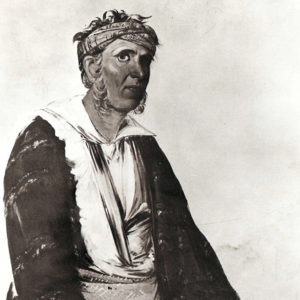 John Jolly
John Jolly
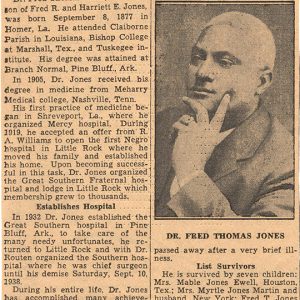 Jones Death
Jones Death
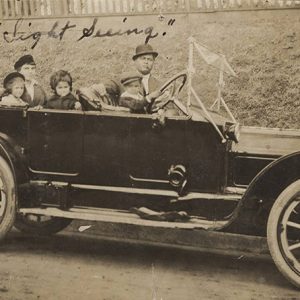 Jones Family
Jones Family
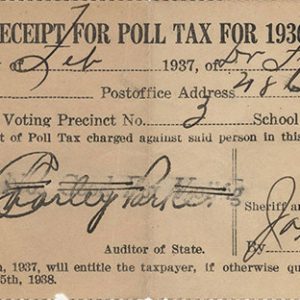 Jones Poll Tax Receipt
Jones Poll Tax Receipt
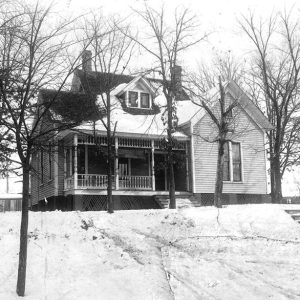 Jones Residence
Jones Residence
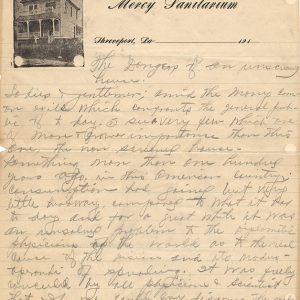 Jones Speech
Jones Speech
 Jones Truck Lines
Jones Truck Lines
Jones, Celesta Fern
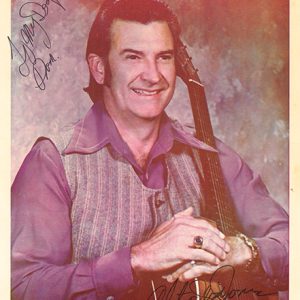 Cletus Jones
Cletus Jones




